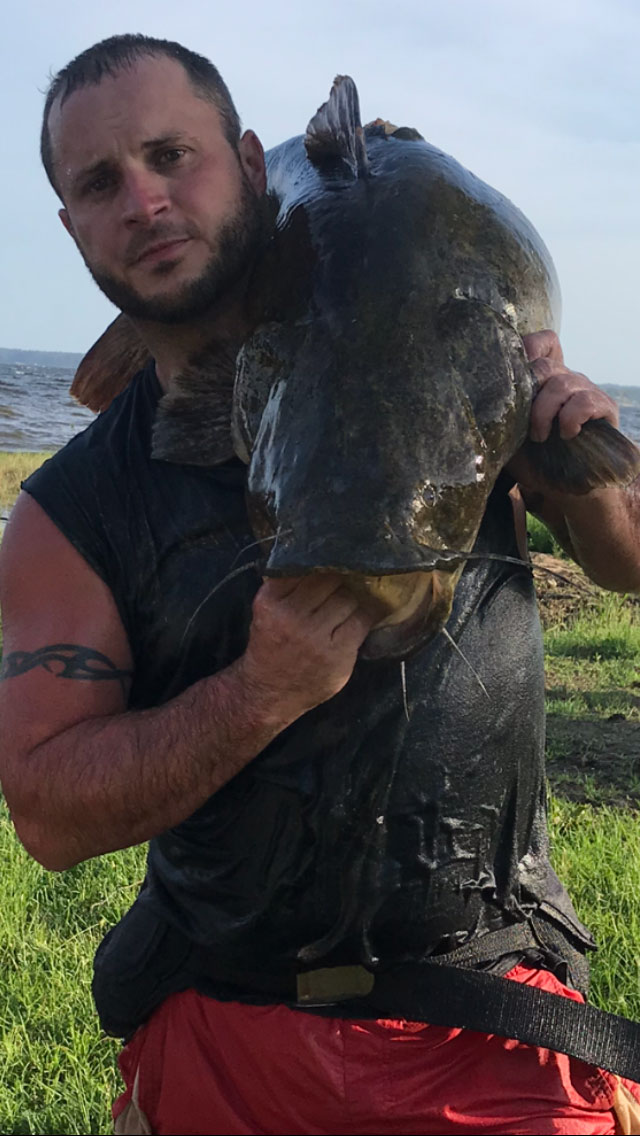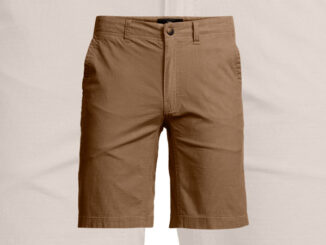
The Senate is expected to give final passage this weekend to a pair of bills that would create new ways for sportsmen to hunt and fish in Louisiana. If Gov. John Bel Edwards agrees with the legal changes, and he probably will, the new regulations to be enforced by the Department of Wildlife and Fisheries will be on the books by the fall.
The bills, if adopted, would allow for the taking of deer using air rifles, permit the hand-grabbing or noodling of catfish and create an entirely new framework for the use of bream as bait. While these hunting and fishing methods are nothing new to veterans of the outdoors, the Legislature for the first time will be codifying these tactics.
Pneumatic bows
HB 422 by Rep. John Stefanski of Crowley is the instrument that would legalize the use of a “pre-charged pneumatic device” for the taking of deer. That definition includes not only air rifles, but also pneumatic bows.
But hunters beware — even though the proposed law allows for deer to be taken with pneumatic bows, that activity will only be permissible during rifle season. That’s because pneumatic bows and air rifles hold the same classification, according to Cole Garrett, the general counsel for the Department of Wildlife and Fisheries.
For such a weapon to be considered a “humane and ethical hunting mechanism,” the legislation states the device “must fire a projectile of at least 30 caliber in diameter and at least 150 grains in weight with a minimum muzzle velocity of 800 feet per second or any combination of bullet weight and muzzle velocity that produces muzzle energy of at least 215 foot pounds of energy.” Additionally, “arrows or bolts must have broadhead points and can be used to hunt deer only during modern firearm deer season.”
“That’s going to be really popular,” said Sen. Neil Riser of Columbia during the most recent hearing, referring to the bow option. “I’ll probably use one.”
Stefanski said his constituents have been asking for this change for years, and he was surprised to learn most surrounding states already accommodate air rifles. “We’re one of the last states to offer this to sportsmen,” he said.
Tommy Tuma, the director of habitat stewardship at Wildlife and Fisheries, said his office has received calls over the years as well, particularly from veterans suffering from post-traumatic stress disorder. “This lets them hunt with no recoil,” said Tuma, “and there’s no sensitivity to sound. People have been asking about this for the past five years or so.”
Catfish noodling
Then there’s HB 419 by Rep. Jack McFarland of Jonesboro, which legalizes catfish noodling. In case you’ve missed out on this trend, this involves folks sticking their hands in logs and other structures as bait in the hopes of catching gigantic catfish — by hand.
“Is that really a thing? You can catch catfish by hand?” asked a shocked Sen. Sharon Hewitt of Slidell during this week’s debate.
McFarland assured her tons of folks love noodling and she would too if she gave it a chance. He added, ”You may not want to participate, though. You can watch from the boat.”
“Oh, hell no,” Hewitt responded. “I want to participate.”
During the same debate, Sen. Eddie Lambert of Gonzales, a commercial fisherman, interjected, “You don’t know where your hand is going right? I don’t know if I’m brave enough for that.”
“You don’t think about that part,” McFarland told him. “You just think about how big that fish is you’re gonna bring out.”
People have been noodling catfish in Louisiana for generations, but now the method will be protected in the law. “I think we’re taking another look at this because it has become so popular because of YouTube and the internet,” McFarland said in an interview. “I really don’t think many people are receiving fines for this. We just want to prevent issues between fishermen and law enforcement.”
As a legal sweetener, McFarland’s bill would also allow for the use of bream, including those caught in minnow traps, as bait for recreational purposes. That’s already the case in Louisiana waters shared with Texas, but the legislation would apply the new bait guidelines statewide.


